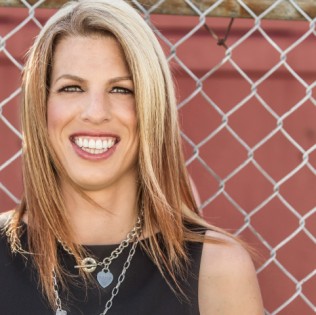by Tom Smith
Published on June 17th, 2014
Networking: The Benefits Of An Ivy League Education
Ivy League universities are viewed as incredibly prestigious institutions, and their degrees are marks of distinction in a world saturated with university graduates. But what are the true benefits to obtaining an education from an Ivy League Institution? Do Ivy League degrees really merit all the deference they garner? Are they worth the big price tag? Let’s take a look at the benefits and some of the moguls who have taken advantage of them.
We know that Ivy League Graduates earn quite a bit more on average than the rest of the graduate population. But this doesn’t necessarily prove anything about the schools, especially given that one Princeton study showed that Ivy League eligible students who personally opted for other schools earned as much as their Ivy League peers. But there’s a lot more to it than salary numbers.
A few things are obvious and undeniable. For instance, there are inevitably going to be some particularly brilliant and competent professors attracted to such prestigious institutions. And, of course, the gorgeous surroundings and high-end facilities are going to increase the quality of the educational experience. However, these things are relatively subjective and difficult to properly evaluate. The brilliance of a given professor at Yale isn’t really going to enrich your education and intellectual capabilities if, for instance, you’re partying your way through school with a C average.
Ivy League status arguably truly shines in who you are surrounded by – it’s all in the networking, including exposure to other bright, young go-getters, and access to incredibly well-positioned alumni. Take Stanford as an example. Google’s Sergei Brin and Larry Page met there. LinkedIn cofounder Konstantin Guericke also studied there and now runs a startup incubator out of Stanford called StartX.
But Stanford certainly isn’t the only Ivy League school that’s offered up some Silicon Valley stars in recent years. Harvard has the dubious distinction of being famous for one of its dropouts – tech magnate Mark Zuckerberg of Facebook. But even though he didn’t finish his degree, his Harvard experience and connections were famously instrumental in establishing the bedrock of his empire.
And of course, it shouldn’t surprise many that Columbia University, right in downtown New York, has churned out paragons of the stock markets, like billionaire investor Warren Buffet. But Buffet’s advice on seeking success was not about access and networking. When asked by a student at Columbia University about how to turn an education into an investment career, his was a message of knowledge. “It builds up, like compound interest. All of you can do it, but I guarantee not many of you will.”
Did you enjoy this article?

 Warren Macdonald Lost his Legs but he Climbed Mt. Kilimanjaro Anyway!
Warren Macdonald Lost his Legs but he Climbed Mt. Kilimanjaro Anyway! Executive Protection - Its Smart Business Insurance
Executive Protection - Its Smart Business Insurance Daring Leaders: 5 Qualities they MUST have
Daring Leaders: 5 Qualities they MUST have The Power Of A Brand
The Power Of A Brand Mission Critical
Mission Critical